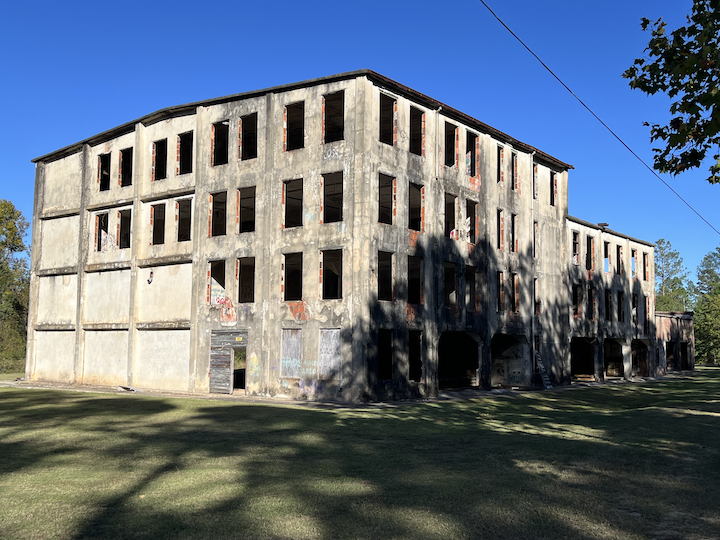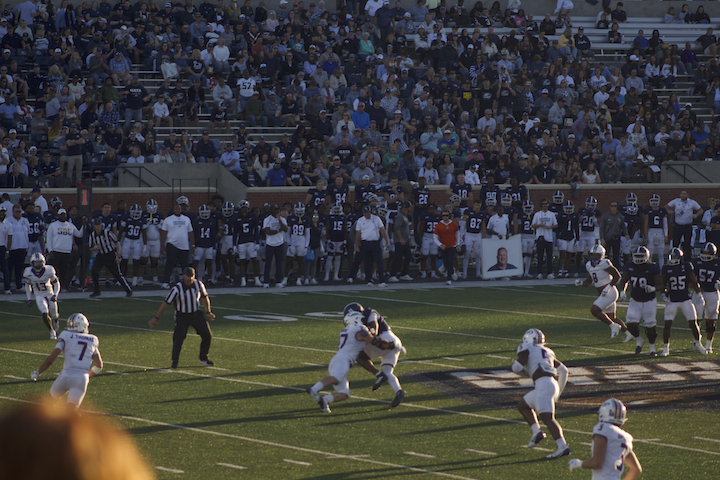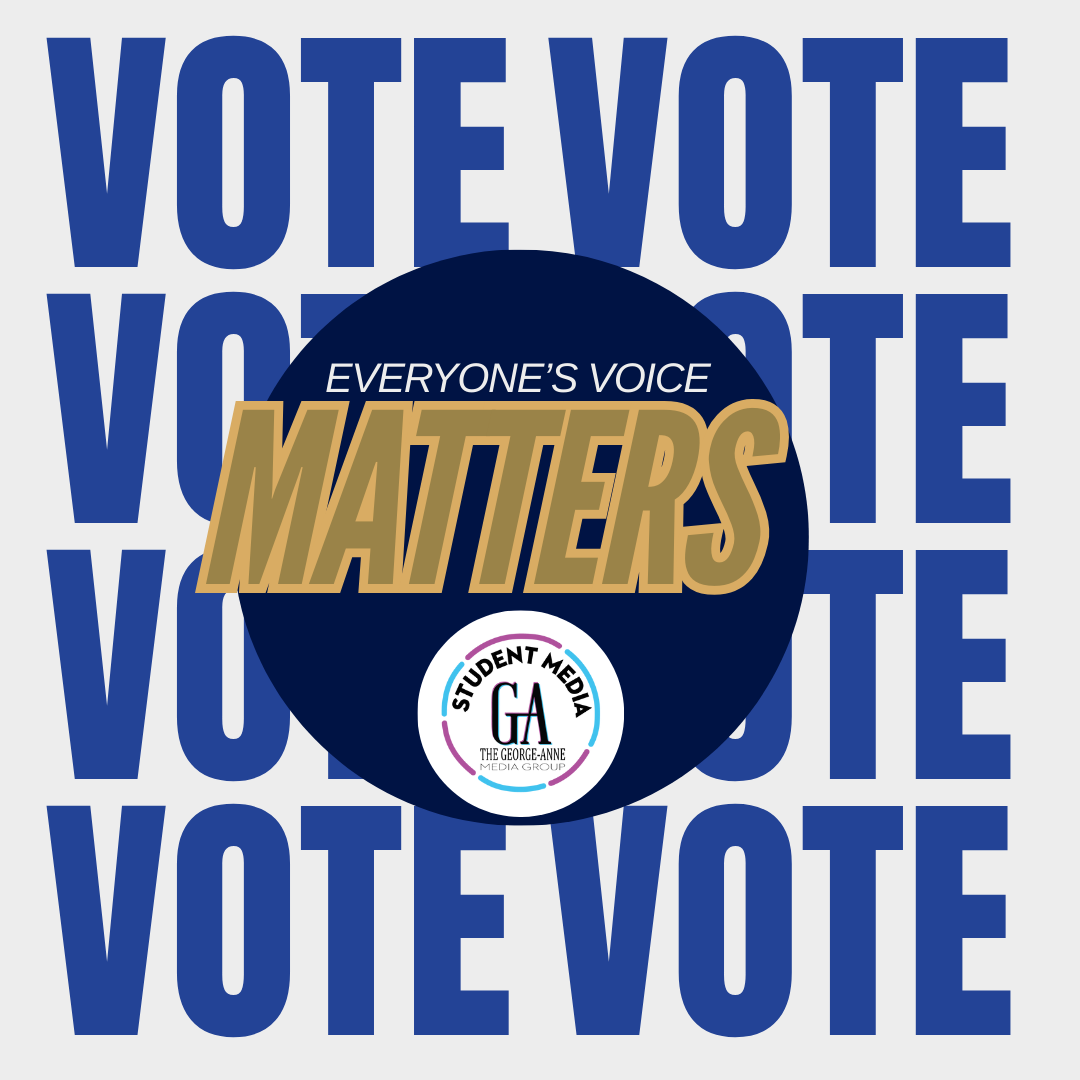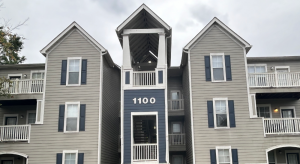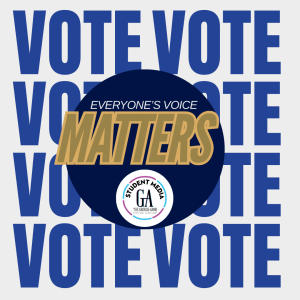GSU in need of mental health counselors
September 30, 2014
Despite being understaffed, the Counseling Center at Georgia Southern University does its best to provide students with all the services of a full-service mental health clinic, seeing around 100 students a day.
They currently have nine counselors, one of whom is part-time, serving GSU’s student body of over 20,000 students. The center is currently trying to fill three vacancies, Dr. Jodi Caldwell, director of the Counseling Center, said.
“We definitely try really hard to meet the needs of students,” Caldwell said. “The national recommended students to therapists [ratio] is about one to every 1000 or one to every 1500 students, depending on how much of these services that you provide.”
Though they are understaffed, Caldwell said the administration has been very supportive of the Counseling Center and its needs. However, there is a shortage of therapists and the job market is extremely competitive.
Earlier this month during the State of the University address, Vice President Teresa Thompson said that GSU has struggled but been unable to fill certain vacancies in the Counseling Center for several years.
“Since the return of so many veterans, the federal government hired a lot of our folks,” Thompson said. “And they can go on to other places, and frankly, make more money.”
To help alleviate the burden on staff Thompson said the university has been looking at the possibility of a peer counseling program where upperclassmen would go through a rigorous training process that would allow them to help counsel fellow students.
Caldwell said that no one has approached her about the idea of implementing peer counselors, and while the program could help with low-risk students, peer counselors would not be suitable for a majority of the center’s clients.
“I think that the concern is that the clients we’re seeing seem to be coming in with much higher levels of risk than previous cohorts of clients,” Caldwell said.
However, university counseling centers are only supposed to be the first stop in the search for mental health treatment, Thompson said. The state of Georgia does not consider them to be “total complete counseling centers.”
“It is a very difficult problem to address and I think each year we’ve done a better job of trying to do that,” Thompson said. “But it goes back to there’s just not enough people out there to go into that field at this point.”
–
What if I have a friend who’s in trouble?
The most important thing about discussing mental health with a friend is being honest, Dr. Jodi Caldwell said. Avoiding tough subjects like depression or suicide is not the way to go.
“The reality is, if somebody’s not thinking about suicide, you asking is not going to make them think about it,” Caldwell said. “And if they are, it’s much better to be straight forward.”
It’s not uncommon for students to schedule an appointment to talk about a friend who is worrying them, which is completely fine, Caldwell said. She also suggests encouraging the friend in question to make an appointment themselves.
Counselors are available 24 hours a day. If someone has a mental health emergency, they can call the center at any time of day or night. If it is after hours, university police will take the call and students can ask for a counselor who will call them back.


